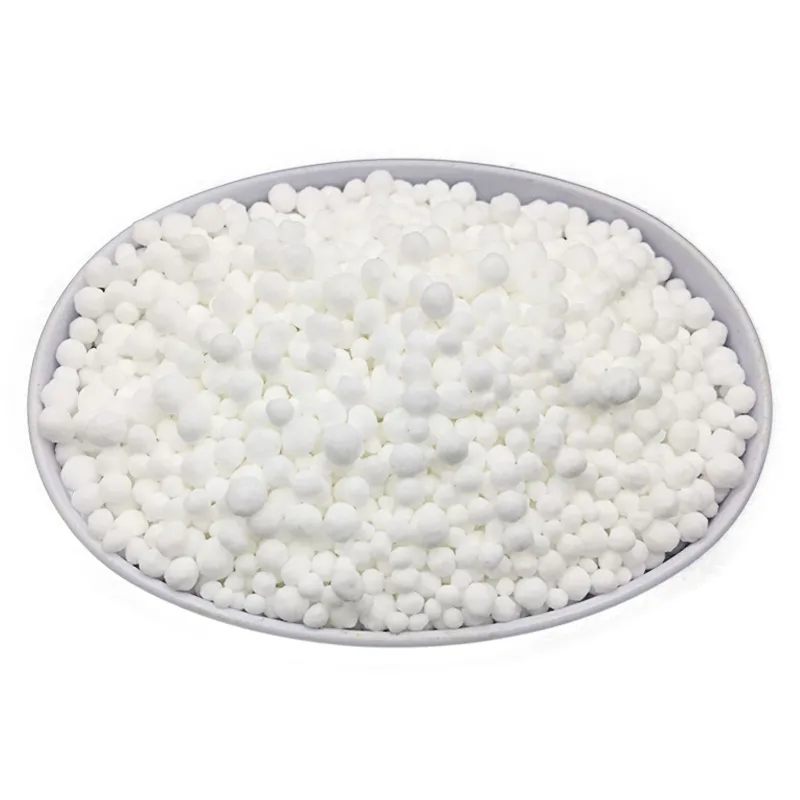
Dec . 14, 2024 06:48 Back to list
Sustainable Solutions for Enhancing Soil Health with Organic Bio-Fertilizers
The Rise of Bio-Organic Fertilizers A Sustainable Solution for Agriculture
In recent years, the demand for sustainable agricultural practices has skyrocketed, driven by an increasing awareness of environmental degradation and the need for food security. Among the innovations reshaping the agricultural landscape is the emergence of bio-organic fertilizers. These natural enhancements to soil health and fertility are derived from organic matter, offering a multitude of benefits that conventional chemical fertilizers simply cannot match.
What are Bio-Organic Fertilizers?
Bio-organic fertilizers combine the benefits of organic fertilizers, which are derived from plant and animal materials, with biofertilizers that contain living microorganisms. These fertilizers are typically composed of composted materials, animal manures, seaweeds, and microbial inoculants, each contributing to enhanced soil health and nutrient availability. The active microorganisms in bio-organic fertilizers not only provide essential nutrients to plants but also improve soil structure, enhance microbial diversity, and promote a healthy ecosystem.
Environmental Benefits
One of the principal advantages of bio-organic fertilizers is their environmental sustainability. Traditional chemical fertilizers often lead to soil degradation, waterway pollution, and loss of biodiversity. They can leach into water systems, causing algal blooms that disrupt aquatic ecosystems. Conversely, bio-organic fertilizers enhance soil fertility naturally, improve water retention, and reduce runoff. By using these fertilizers, farmers can decrease their reliance on synthetic inputs, thereby mitigating their environmental footprint and contributing to a healthier ecosystem.
Enhancing Soil Health
Soil health is paramount for sustainable agriculture, and bio-organic fertilizers play a critical role in its improvement. These fertilizers increase the organic matter in the soil, which is essential for maintaining soil structure, aeration, and water retention. The presence of organic matter also fosters the proliferation of beneficial microorganisms, which help decompose organic material, making nutrients more available to plants. As a result, crops grown with bio-organic fertilizers often exhibit increased resilience to pests and diseases, alongside improved growth and yield.
bio organic fertilizer

Boosting Nutritional Value
Beyond just improving yield, bio-organic fertilizers enhance the nutritional quality of crops. Research indicates that plants grown with organic fertilizers tend to produce fruits and vegetables with higher concentrations of essential vitamins and minerals compared to those grown with chemical fertilizers. For consumers increasingly seeking nutritious food options, this is a significant advantage. Additionally, the absence of harmful chemicals in the growing process aligns with the desires of health-conscious individuals and promotes food safety.
Economic Viability for Farmers
Adopting bio-organic fertilizers can also prove economically advantageous for farmers. While the initial investment in organic inputs may be higher than that of conventional fertilizers, the long-term benefits outweigh the costs. Enhanced soil health leads to lower rates of disease and pest infestation, thus reducing the need for costly pesticides and herbicides. Moreover, bio-organic farming practices can open doors to premium markets where consumers are willing to pay more for organic products, boosting farmers' profitability.
A Step Towards Food Security
As the global population continues to grow, the demand for food will rise exponentially. Bio-organic fertilizers offer a sustainable pathway to meet this demand without compromising environmental integrity. By adopting these fertilizers, farmers can increase productivity while fostering practices that are environmentally sound and socially responsible. With the added benefits of preserving biodiversity and carbon sequestration in soils, bio-organic fertilizers represent a viable solution to the pressing challenges of food security and climate change.
Conclusion
In conclusion, bio-organic fertilizers stand at the forefront of sustainable agriculture. By embracing these natural amendments, farmers can not only enhance crop productivity and quality but also contribute positively to the environment and their communities. As the agriculture sector continues to evolve, the increasing integration of bio-organic fertilizers will play a pivotal role in fostering a more sustainable and resilient food system for generations to come. Transitioning to these practices offers a practical solution to current agricultural challenges, aligning economic growth with ecological preservation.
-
Organic 10-10-10 Fertilizer | Balanced Plant Nutrients
NewsJul.31,2025
-
Premium Amino Acid Fertilizer | Rapid Plant Growth Booster
NewsJul.31,2025
-
10 10 10 Fertilizer Organic—Balanced NPK for All Plants
NewsJul.30,2025
-
Premium 10 10 10 Fertilizer Organic for Balanced Plant Growth
NewsJul.29,2025
-
Premium 10 10 10 Fertilizer Organic for Balanced Plant Growth
NewsJul.29,2025
-
Premium 10 10 10 Fertilizer Organic for Balanced Plant Growth
NewsJul.29,2025
